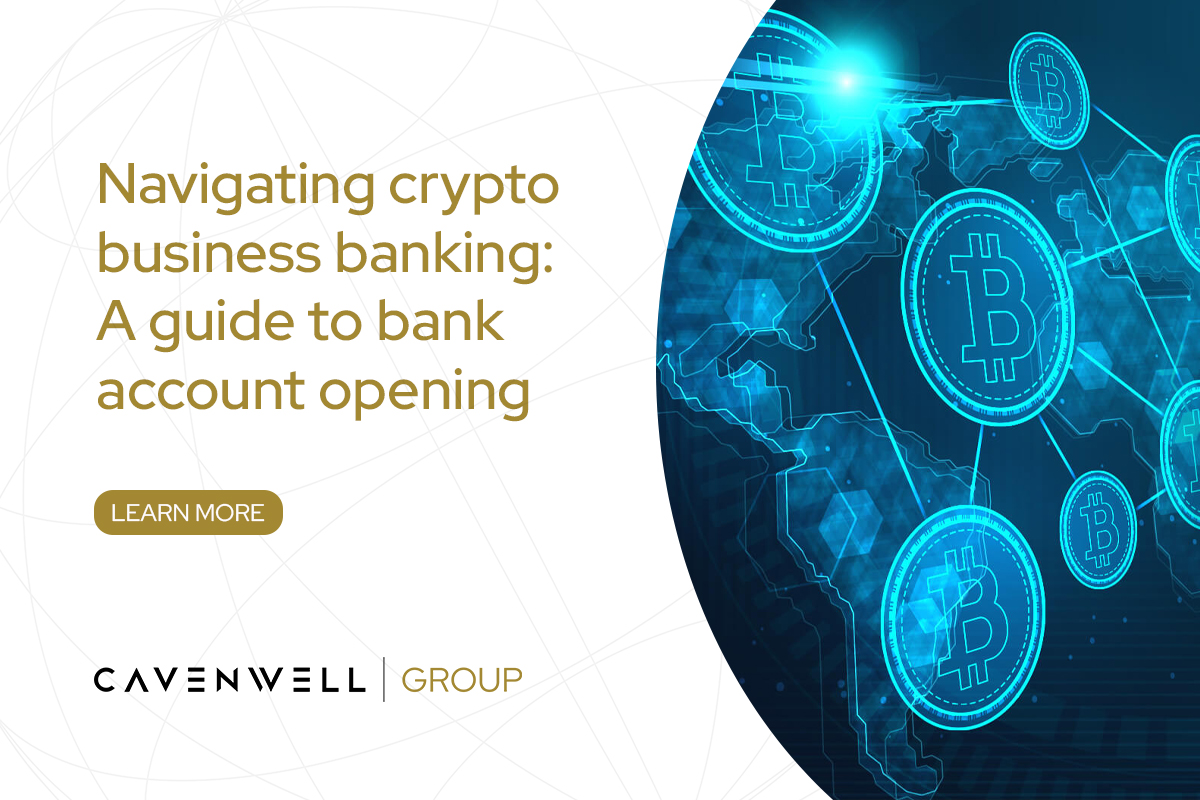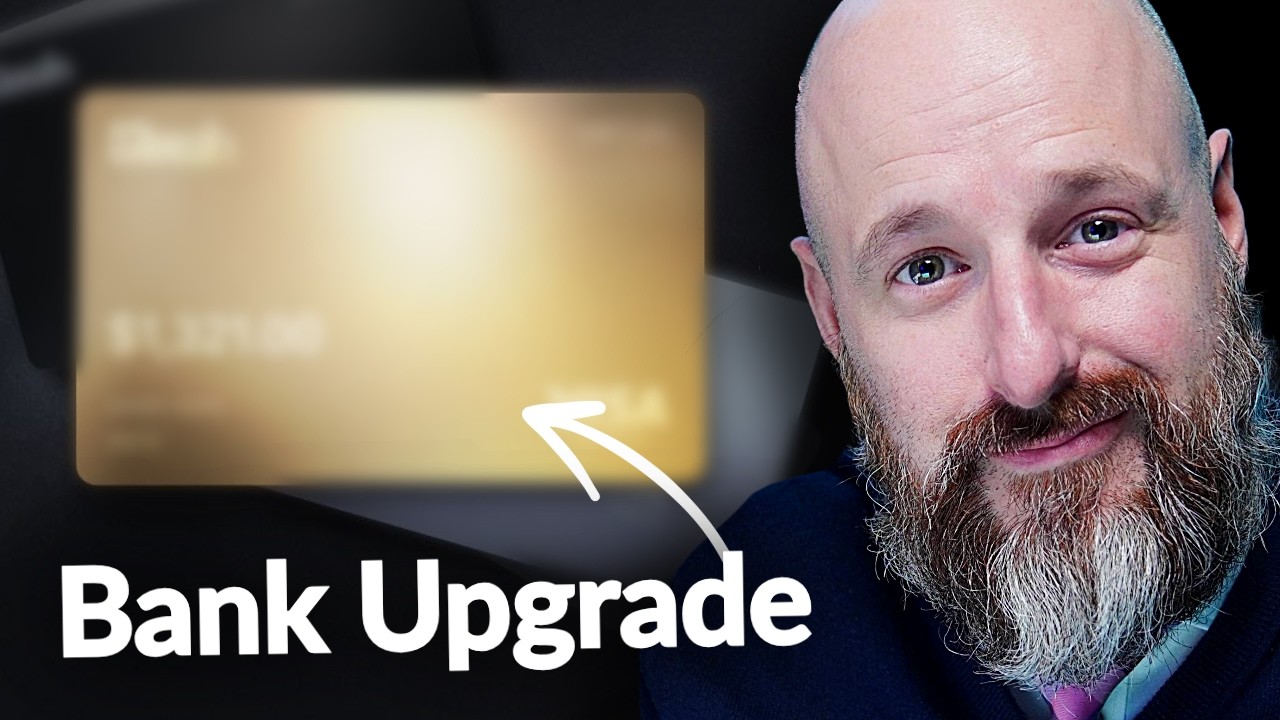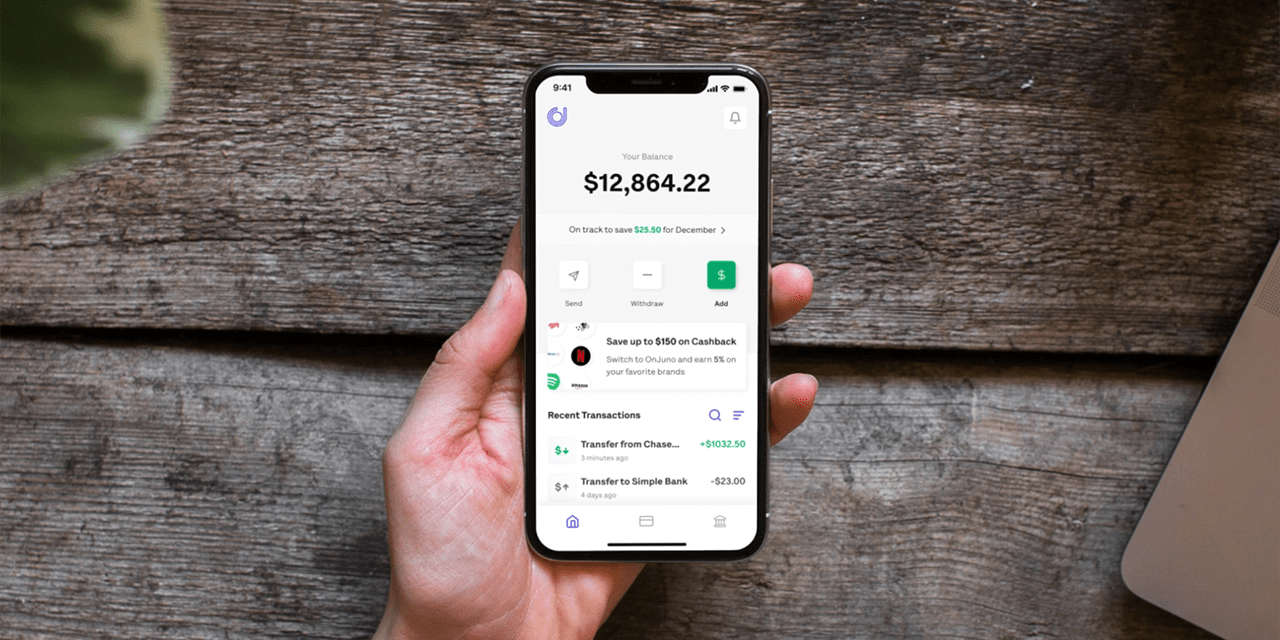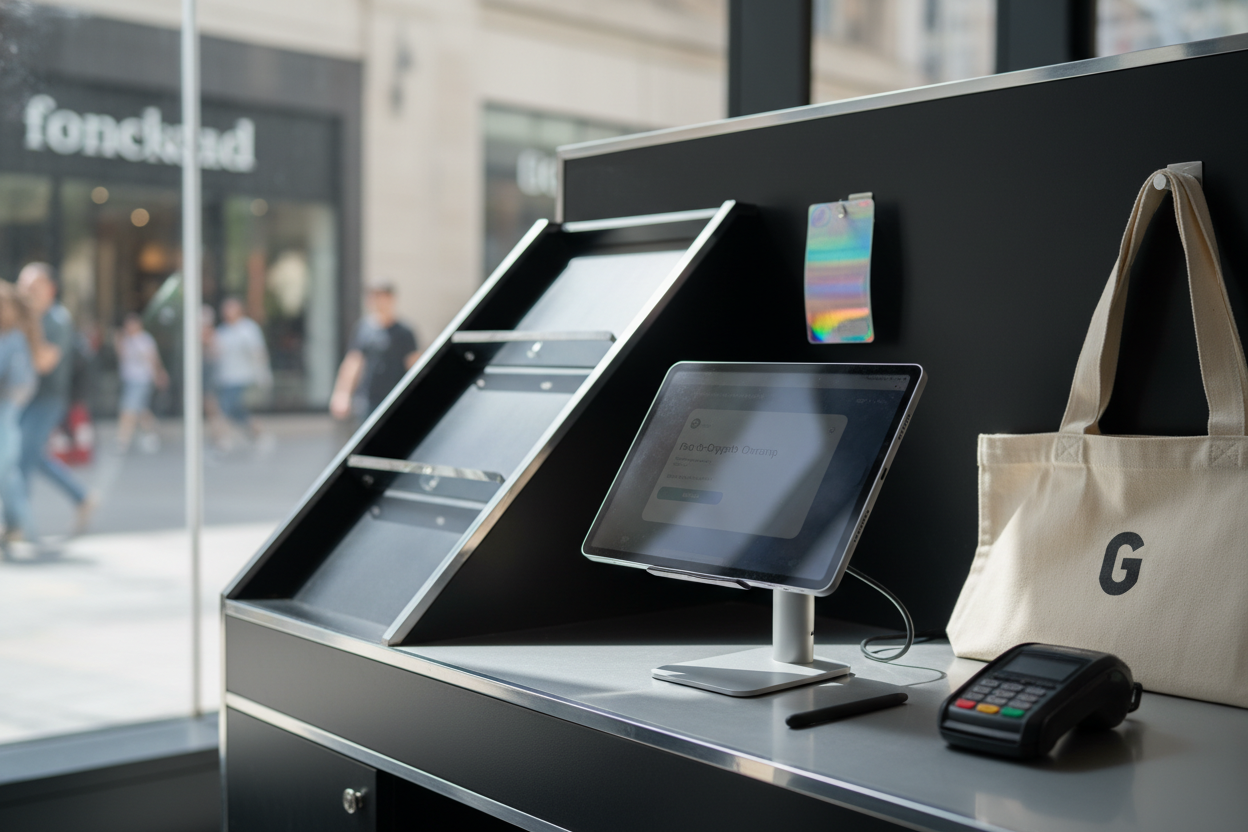
Opening a business account with a crypto bank in 2024 is more accessible, regulated, and practical than ever before. Thanks to recent shifts in U. S. banking policy, including the OCC’s March 2025 clarification and the Federal Reserve’s rollback of restrictive guidance in April 2025, crypto banks now offer streamlined onboarding for digital asset businesses. If you’re ready to take your business banking into the future, this guide will walk you through each step, demystifying requirements, compliance, and platform choices along the way.

Why Open a Crypto Bank Business Account in 2024?
Traditional banks have long been wary of crypto companies. But with regulatory clarity now supporting digital asset integration into mainstream finance, crypto-friendly business accounts are no longer fringe, they’re becoming essential for companies that trade, hold, or transact in cryptocurrencies. Here are some compelling reasons to consider opening one:
- Access to multi-currency accounts: Seamlessly manage both fiat and major cryptocurrencies under one roof.
- Instant settlement: Crypto transactions clear faster than legacy wire transfers or ACH payments.
- Improved compliance tools: Leading crypto banks offer automated KYC/AML modules and real-time transaction monitoring.
- Global reach: Send and receive payments worldwide without the friction of traditional correspondent banking networks.
This shift is exemplified by partnerships like PNC Bank’s integration with Coinbase in July 2025, making it possible for business clients to trade digital assets directly from their bank dashboard.
Step-by-Step: How to Open a Crypto Bank Business Account
The process isn’t as daunting as it once was, but preparation is key. Here’s how most leading platforms structure their onboarding:
- Select Your Crypto-Friendly Bank: Start by researching platforms that support your business model (trading desk, payments processor, NFT marketplace, etc. ). Prioritize those with robust compliance frameworks and transparent fee structures. Compare features like IBAN access, multi-currency support, instant settlements, and integration with popular exchanges.
- Register Your Business Entity: Most crypto banks require you to operate as an LLC or other registered entity. You’ll need proof of incorporation or registration from your jurisdiction, sole proprietors may face additional scrutiny or be excluded altogether.
- Gather Documentation: Be ready to submit:
- KYC documents for all beneficial owners (passports/IDs)
- Company formation documents
- A detailed description of your business model
- Proof of address (utility bill or lease agreement)
- Plausible source-of-funds documentation
- Satisfy Compliance Requirements: Crypto banks will conduct enhanced due diligence, especially if you handle customer funds or operate cross-border. Expect questions about transaction volumes, counterparties, and your approach to anti-money laundering (AML) controls.
If you’re looking for more detail on specific requirements by platform or region, check our full breakdown here: open crypto bank business account.
The Best Crypto Banks for Businesses Right Now
Top Crypto-Friendly Business Banks for 2025
-

Silvergate Bank: Renowned for its Silvergate Exchange Network (SEN), Silvergate offers real-time USD settlement between crypto exchanges and institutional clients, 24/7 account access, and robust compliance support.
-

Mercury: A favorite among startups, Mercury provides FDIC-insured business accounts with seamless integrations for crypto businesses, easy API access, and transparent fee structures. Its compliance-first approach makes onboarding smooth for digital asset companies.
-

Juno: Juno delivers multi-currency business accounts with direct crypto on/off ramps, instant USDC settlements, and no monthly fees. Its platform supports easy conversion between fiat and crypto, ideal for global operations.
-

Tap Global: Tap offers multi-currency business accounts with individual IBANs, access to 50+ cryptocurrencies, instant payments, and free international transfers via the Tap Network. Its robust dashboard simplifies treasury management for crypto companies.
The landscape has matured rapidly since early experiments with “crypto checking” accounts. In 2025, standout options include platforms offering dedicated IBANs, multi-currency wallets (both fiat and digital), instant payment rails via blockchain networks, and seamless exchange integrations. Some even provide direct access to FINRA-approved exchanges, a game changer for compliance-focused firms seeking institutional-grade infrastructure.
This diversity means there’s no one-size-fits-all solution; your best choice depends on your location, regulatory obligations, transaction needs, and preferred currencies. For an up-to-date comparison of features across leading providers, including Tap Network’s free international transfers and integrated trading, see our guide: best crypto banks for businesses.
Once you’ve chosen your provider and submitted the required documentation, expect your application to move faster than with legacy banks. Many crypto banks now offer streamlined onboarding, with dedicated account managers guiding you through final compliance checks and platform setup. Some platforms even promise approval within 48 hours if all documents are in order, a far cry from the weeks-long wait common just a few years ago.
Compliance, Security, and Ongoing Account Management
With regulatory clarity improving, compliance remains a top priority for both banks and business clients. Crypto bank business account requirements in 2024 typically include ongoing transaction monitoring, periodic KYC/AML reviews, and proactive risk assessments. Leading platforms leverage AI-driven tools to flag suspicious activity in real time while providing dashboards for businesses to manage their own compliance obligations.
Security is non-negotiable. Look for providers offering multi-signature wallets, cold storage options for large balances, and robust insurance coverage against hacks or operational failures. Two-factor authentication (2FA) and granular user permissions are standard features at the best crypto banks for businesses.
“The new OCC guidance has transformed how quickly crypto firms can access banking rails, what used to take months now takes days. “
Tips to Maximize the Value of Your Crypto Business Account
- Automate payments: Use API integrations to send payroll or vendor payments directly from your digital asset balance.
- Diversify holdings: Take advantage of multi-currency accounts to manage both fiat and digital assets efficiently.
- Monitor compliance health: Regularly review transaction reports and AML flags from your bank’s dashboard.
- Leverage instant settlements: Use blockchain payment rails for near-instant transfers, ideal for international contractors or suppliers.
Navigating Evolving Regulations: What’s Next?
The landscape isn’t static. As of October 2025, U. S. regulators have signaled a more open stance toward crypto banking activities, removing hurdles that once blocked mainstream adoption. Expect further innovation as traditional banks partner with digital asset firms (as seen with PNC Bank and Coinbase), pushing the boundaries of what’s possible in corporate treasury management.
If you operate in multiple jurisdictions, stay alert: local rules on digital asset custody, reporting standards, and tax treatment can vary widely. The best crypto business accounts offer resources or compliance partners to help you stay ahead of changes worldwide.
Which feature matters most to you when choosing a crypto business bank account?
With new regulations making it easier for banks to offer crypto services, business accounts now come with more features than ever. As a business owner or entrepreneur, which feature is your top priority when selecting a crypto-friendly bank account?
Your Next Steps
The path is clearer than ever for businesses ready to embrace digital assets as part of their financial stack. By choosing the right platform, and staying proactive on compliance, you’ll unlock faster settlements, global reach, and next-generation treasury tools that legacy banks simply can’t match yet.
If you’re ready to dive deeper into platform comparisons or want detailed walkthroughs by region or use case, explore our full guide here: digital asset business account guide.













